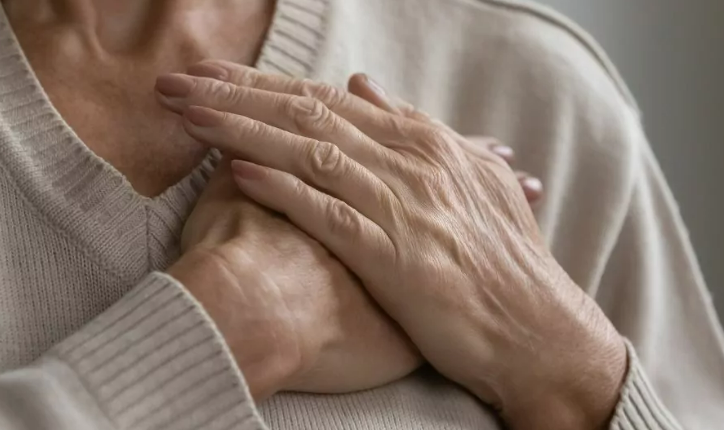Understanding Sudden Heart Pain: Causes, Symptoms, and When to Seek Help
Sudden pain in the heart can be a frightening experience, often sparking immediate concern about a heart attack or other serious cardiac issues. While not all chest pain is heart-related, it’s crucial to understand the potential causes, symptoms, and when to seek medical attention. This article explores the different reasons behind sudden heart pain, helping you recognize when it might be a sign of something serious.
What Is Sudden Heart Pain?
Sudden heart pain, often referred to as chest pain, can manifest as a sharp, stabbing sensation, a dull ache, or a feeling of pressure or tightness in the chest. It can last for a few seconds, minutes, or longer and may be accompanied by other symptoms such as shortness of breath, sweating, dizziness, or nausea. The pain may also radiate to other areas like the arms, back, neck, or jaw.
Common Causes of Sudden Heart Pain
While sudden heart pain is often alarming, it’s important to note that not all chest pain is related to the heart. Here are some common causes:
- Angina: Angina is chest pain caused by reduced blood flow to the heart muscle. It often occurs during physical activity or stress and typically subsides with rest. Angina can be a warning sign of coronary artery disease.
- Heart Attack (Myocardial Infarction): A heart attack occurs when the blood flow to a part of the heart is blocked, usually by a blood clot. This can cause permanent damage to the heart muscle. Symptoms include sudden, severe chest pain, shortness of breath, and often pain radiating to the arm or jaw.
- Pericarditis: This is an inflammation of the pericardium, the thin sac surrounding the heart. Pericarditis can cause sharp, stabbing chest pain that may worsen when lying down or taking deep breaths.
- Gastroesophageal Reflux Disease (GERD): GERD occurs when stomach acid flows back into the esophagus, leading to chest pain that can mimic heart pain. This pain is often associated with a burning sensation in the chest or throat.
- Muscle Strain: Sudden chest pain can also result from a strained muscle in the chest wall, often due to overexertion, injury, or prolonged coughing.
- Panic Attack: A panic attack can cause intense chest pain, often accompanied by a racing heart, shortness of breath, dizziness, and a sense of impending doom. While alarming, panic attacks are not life-threatening.
- Pulmonary Embolism: A pulmonary embolism occurs when a blood clot blocks an artery in the lungs. This can cause sudden, sharp chest pain, shortness of breath, and a rapid heartbeat. It is a medical emergency.
- Aortic Dissection: This is a rare but serious condition where the inner layer of the aorta, the large blood vessel branching off the heart, tears. It causes sudden, severe chest or upper back pain and requires immediate medical attention.
When to Seek Medical Attention
Sudden heart pain should never be ignored, especially if it is severe, lasts longer than a few minutes, or is accompanied by other symptoms such as:
- Shortness of breath
- Sweating
- Nausea or vomiting
- Dizziness or lightheadedness
- Pain radiating to the arms, neck, jaw, or back
- A sense of pressure or tightness in the chest
If you experience these symptoms, it’s crucial to seek emergency medical care immediately. It’s better to err on the side of caution, as early intervention can be lifesaving in the case of a heart attack or other serious conditions.
Managing Sudden Heart Pain
If you experience sudden heart pain, consider the following steps while waiting for medical help:
- Rest: Stop any physical activity immediately and sit or lie down in a comfortable position.
- Aspirin: If you suspect a heart attack, chewing an aspirin (if you’re not allergic) can help reduce damage to the heart muscle by thinning the blood.
- Stay Calm: Panic can exacerbate symptoms, so try to stay as calm as possible. Deep breathing exercises can help reduce anxiety.
- Medication: If you have been prescribed nitroglycerin for angina, take it as directed by your doctor.
Conclusion
Sudden heart pain can be a sign of various conditions, ranging from non-threatening issues like muscle strain to life-threatening emergencies like a heart attack. Understanding the potential causes and knowing when to seek medical help is crucial in ensuring timely treatment and better outcomes. If you ever experience sudden, severe, or persistent chest pain, don’t hesitate to seek emergency medical care—your life could depend on it.


